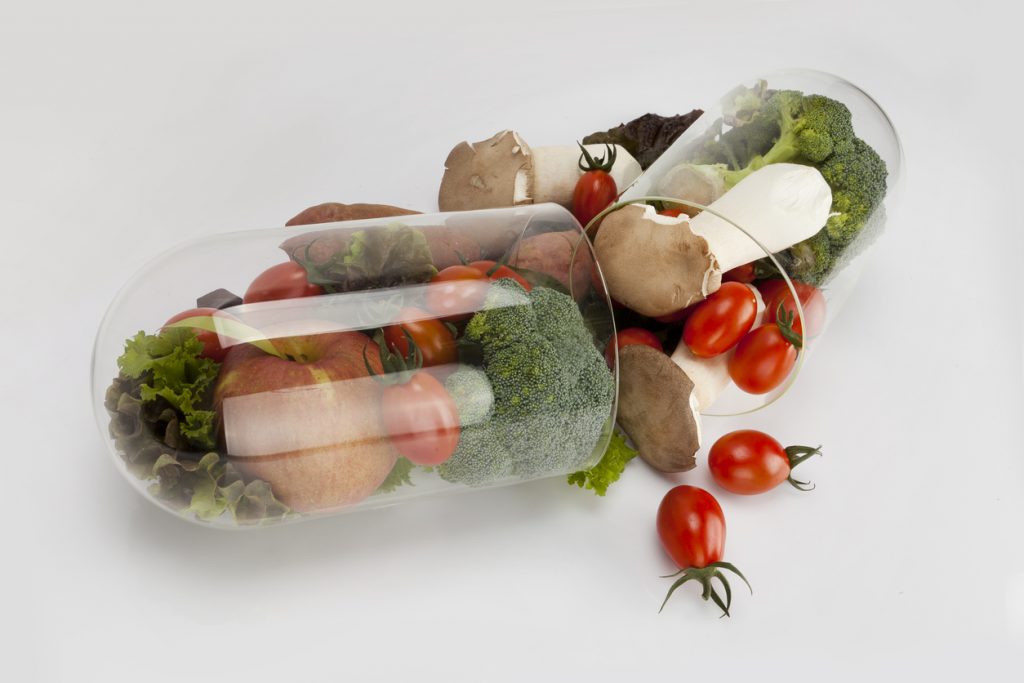If you are about to start planning for a healthy pregnancy, understanding the essentials of preconception care is a good starting point. What you eat and do to your body in the months before you conceive affects the lifetime health of the child born, so learning evidence-based information about diet and lifestyle factors that affect fertility and pregnancy is an important strategy in protecting the health of your baby.
If you are unsure of where to start, speaking to a fertility nutritionist might be a good idea, since they can assess your current health, as well as determining whether you have the key nutrients needed to boost the chances of conception.
Planning ahead
Ideally, allowing two years before conception to optimise your health, weight and nutrient status is recommended for couples who have time to plan and aren’t constrained by external circumstances. The more time you allow to improve your health, the better the outcomes are likely to be.
Often, by the time patients visit an IVF clinic, time is more limited and specialists advise allowing at least three months to prepare for IVF treatment where possible.
Why is preparation important?
For women, optimising your health and weight means that your eggs will mature, ready for ovulation (or collection if going through IVF) in a healthy environment. This improves outcomes, including reducing the chance of miscarriage and preterm birth.
Likewise, for men, it means the sperm that is constantly being produced in the testes are as healthy as possible. Remember that it is a combination of good quality eggs and sperm that together affect the chances of conceiving and going on to have a healthy baby.
Having routine blood tests and ensuring adequate levels of key nutrients is important for both men and women, as well as following a programme of healthy eating and sensible exercise.
If you are deficient in key nutrients, you are likely to need more than the recommended daily allowance (RDA) to return levels to normal, so knowing your starting point is always helpful.
Many women will enter their pregnancy with low levels of iodine, iron, vitamin D and other essential nutrients, which can affect the pregnancy and the long-term health of the child. However, with simple dietary changes and using the right supplements, nutrient levels can easily be improved.
What foods should I be eating?
The Mediterranean diet is a good guide in what to eat to prepare for pregnancy, for both men and women. This includes healthy fats such as nuts, seeds, oily fish and olive oil, plenty of vegetables, including cooked tomatoes (cooking them increases the bio-availability of the antioxidant, lycopene, that gives tomatoes their red colour), and high quality protein, including lean meat, beans and pulses.
Avoiding sugary, refined carbohydrates, such as white bread and pasta, and replacing them with complex carbs, like wholegrain pasta and brown rice, is recommended. Moreover, avoiding alcohol and smoking is always advised against when trying to maintain a healthy body and mind.



